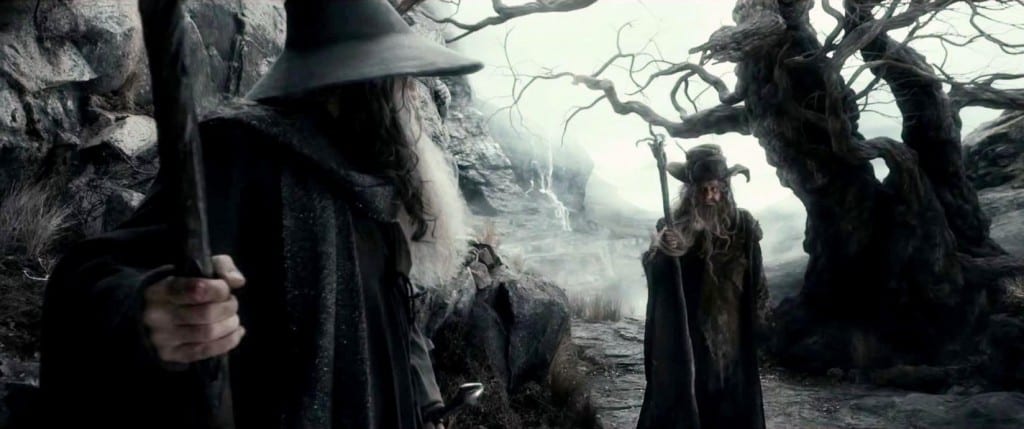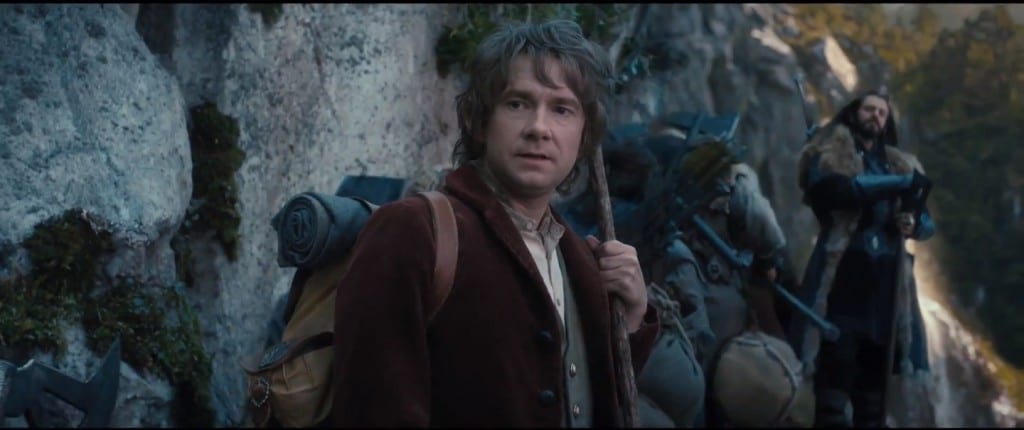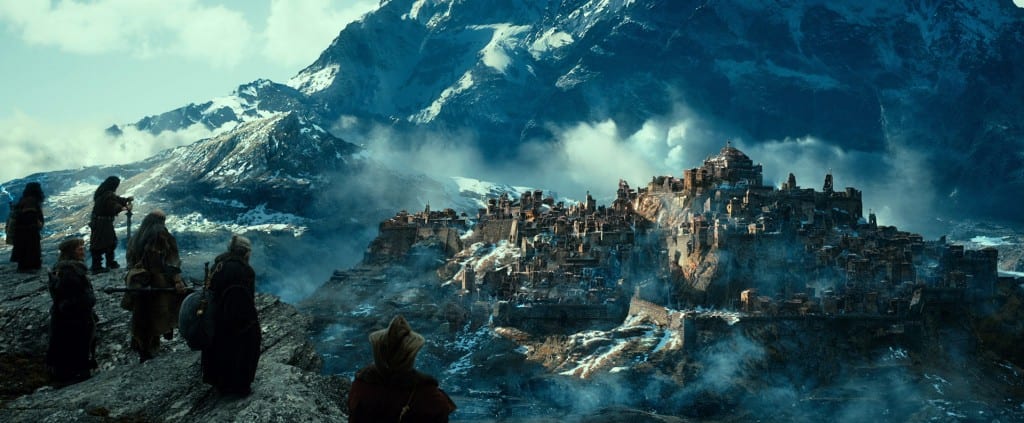I would most definitely describe myself as a fan of the works of Tolkien. There isn’t a published novel, poem or essay of his that I haven’t read, and I am a true believer of the opinion of the Sunday Times, in that “ the English-speaking world is divided into those who have read The Hobbit and The Lord of the Rings, and those who are going to read them”.
Back in 1997, Peter Jackson began work on The Fellowship of the Ring, the first of three attempts to convert the epic high fantasy novel of J. R. R. Tolkien into film. I loved these films, but I wish that there had been more. Three films (and yes, I have seen the extended versions) simply wasn’t enough. So much potential was missed out on. The entire chapter In the House of Tom Bombadil was missed, The Council of Elrond made too simple. So when it was announced that The Hobbit was to be given the “Jackson” treatment, I was over the moon. But did he go too far?
The Hobbit has always been intended as a children’s book. A little hard to read for today’s youngest readers perhaps, but nonetheless written for them. At just shy of 300 pages long, it is the perfect length to tell the tale of one Hobbit and his journey. Let’s not forget the true tale of the hobbit – don’t worry yourself with details of Elf/Dwarf love triangles – is Bilbo’s adventure to reclaim The Lonely Mountain, during which he discovers his inner courage. So when I learned that it was to become three films, a nine hour epic, I had one question. Why?
Now we have something entirely different. We have the original idea of Tolkien, which was to write a book called The Hobbit and have it entirely about said Hobbit. But Peter Jackson wanted more. He wanted a prequel to his Lord of the Rings, which is never a good idea in writing movies (ahem, Star Wars episodes 1-3).
Because of this, we now have multiple plot lines that feel splintered from the main effort – Gandalf’s fight against the Necromancer being a particularly unforgivable example. Here we have a fight that isn’t really built up to that doesn’t make sense if you haven’t seen The Lord of the Rings. This entire scene relies on cheap-feeling film clichés – Gandalf is awesome and Sauron is super evil, let’s make them fight in the ultimate showdown of light vs. dark. How unsubtle. Here’s a fantastic representation of the troll scene. Here’s Radagast playing with a hedgehog.
There were some additions that worked though. In the scene where Bilbo attacks the baby spider, then realises he did it because of the Ring, he is mortified. It is a perfectly-wordless moment where it shows more of the character. The interrogation scene between Tranduil and Thorin was another great moment. This was extended from the same scene in the book, however it gives the character of Thranduil more exposure and this sets up a very important character for the next film.
So, Peter. Yes I love The Lord of the Rings. Yes I love both of your Hobbit film, and yes I will love the next. But Tolkien kept the story of Sauron out of The Hobbit because it belongs in a different book. And yes it is a prelude to The Lord of the Rings, but it is very much its own story, its own entity, and it deserves that treatment.




